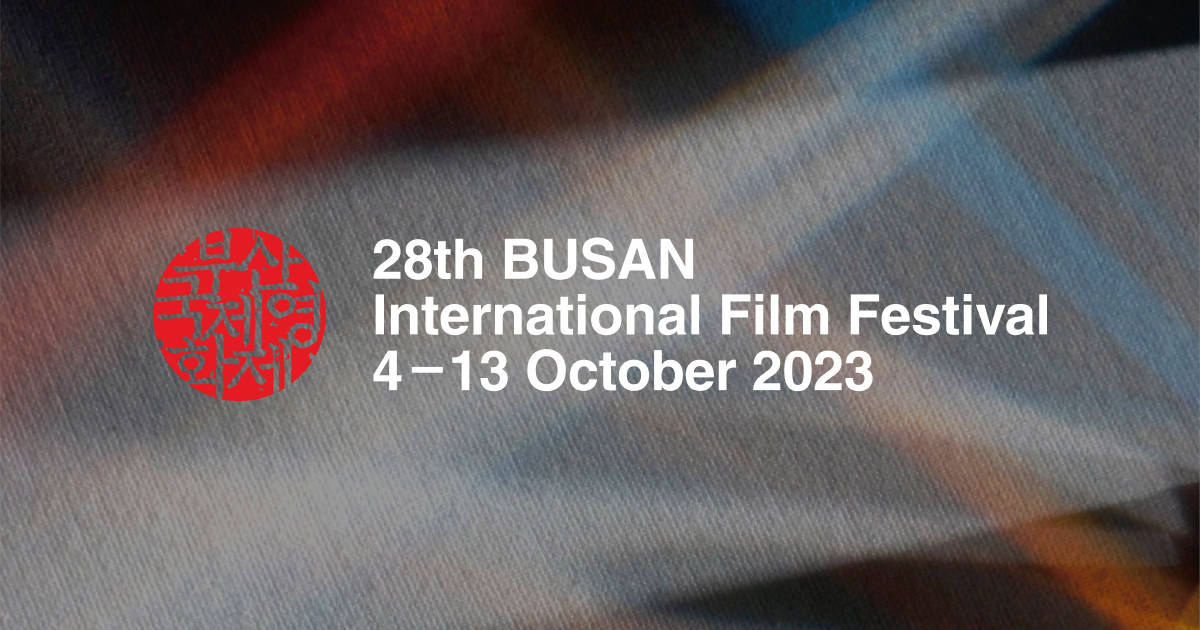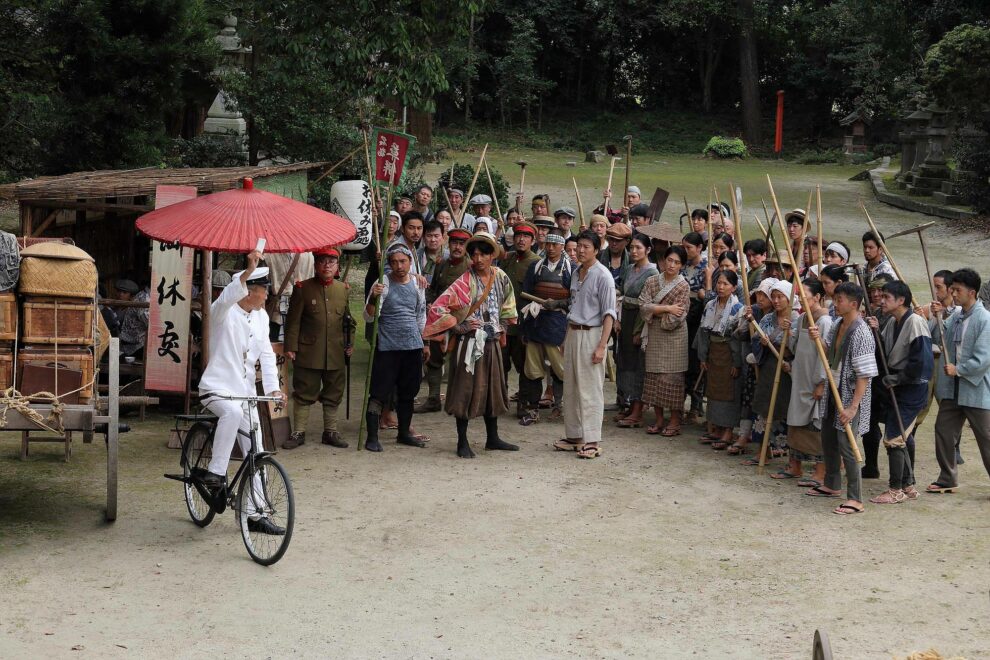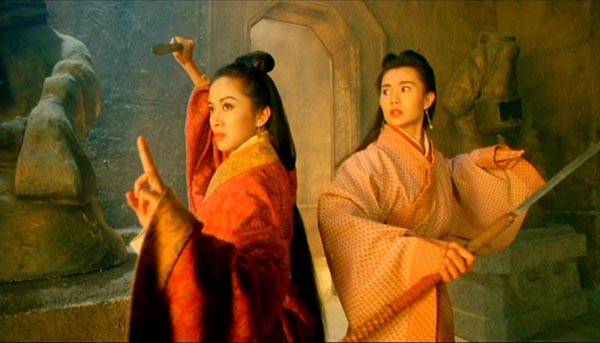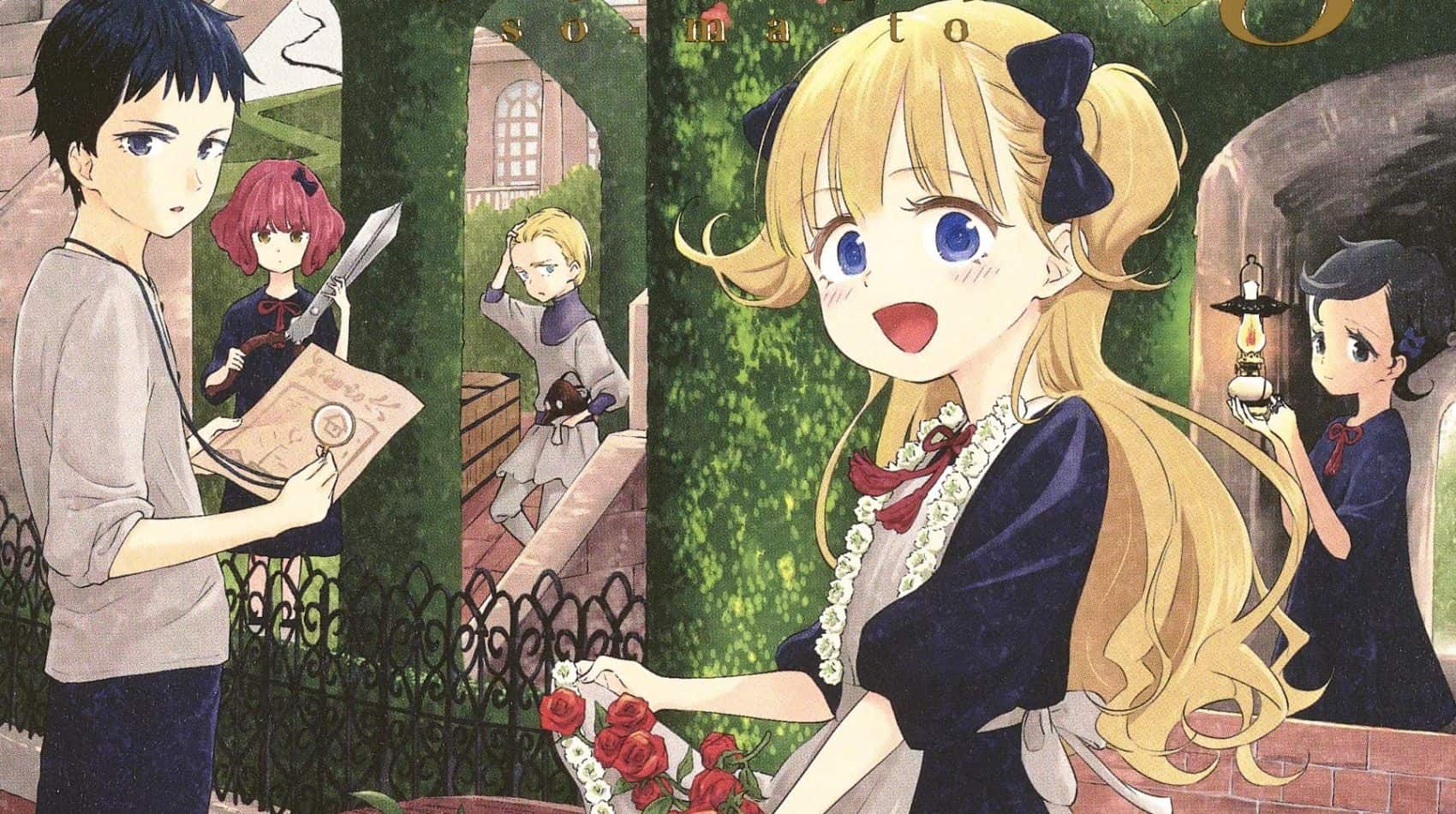After shooting a number of excellent documentaries, Tatsuya Mori decided to shoot a feature film, about a little known incident that took place just after the Great Kanto Earthquake in 1923. The movie left Busan with the New Currents Award.
September 1923 screened at Busan International Film Festival

From the film's production notes: On September 1, 1923, at 11:58 AM, the Great Kanto Earthquake struck Tokyo, the capital of Japan. On September 6, just five days after the disaster, nine peddlers, including a pregnant woman and small children, were slain near Tone River by more than 100 villagers, vigilantes among them, in Fukuda Village, Higashi-Katsushika in Chiba Prefecture. The victims were part of a group of 15 people, itinerant medicine vendors from Kagawa Prefecture. The villagers killed them, mistaking them for Koreans when they heard them speaking in their dialect. Eight vigilantes were arrested and sentenced to prison. However, they were granted an amnesty concerning the passing of Emperor Taisho and were released. This is the Fukuda Village Incident, which has been buried in a dark corner of history for 100 years.
In a setting where the Japanese government tries to hide its own inadequacies by having the media constantly accusing the socialists, the immoral, and the Koreans for them, Tomokazu Sawada returns to his hometown, Fukuda village, with his wife Shizuko. Their relationship is on a strain, since Tomokazu carries a traumatic experience from his time working as a teacher in Gyeongseong under the rule of Japan. On the train, they meet Sakie, whose husband has suffered a heroic death on the Siberian front. Later on, we learn that Sakie was not exactly sitting idly waiting for her husband, with boatman Kurazo becoming a point of focus, not only for her but also for Shizuko.
Around the same time, a group of itinerant medicine vendors led by Shinsuke Numabe departs from Sanuki in the Shikoku region to head to the Kanto region. A few days later, on September 1st, the extreme quake hits the area and results in extensive fires, which kill hundreds of people. Without anyone to accuse, and with the instigation of the government, the police and the media, the locals raise completely baseless suspicions towards Koreans, of the variety of “Koreans are about to initiate a riot” and “Koreans looted and set fires,”. Right when the anti-Korean sentiment reaches its apogee, the enraged locals stumble upon the vendors.
Allow me to start with the negative. Considering the significance and the impact such an incident could potentially have, if presented properly, there are a number of elements here that either prevent that or simply seem to have no place within the particular story. For example, the erotic triangle (quartet one could say) seems completely out of place, like an effort to include a number of star actors in the story, most namely Masahiro Higashide as Kurazo, who does shine however, particularly due to his overall exterior appearance. Furthermore, it is this part that extends the movie unnecessarily to 137 minutes, which could have been trimmed down by focusing only the actual events.
Second, the acting presents a number of issues, with the delivery on the lines being quite artificial on occasion, an aspect that becomes even worse during the event in focus, whose presentation borders on the melodramatic, and could have definitely been handled in a way that would make both it and the whole film more impactful.
Apart from that, however, “September 1923” includes a number of traits. For starters, the way racism creeps into the minds of people is presented in the most impactful way, showing how the authorities, with the help of the media, nurtured the feeling of uncertainty of the locals, directing it against the enemies they wanted, which actually included socialists apart from Koreans. The way simple, peaceful people turn into a violent mob is probably the most shocking aspect of the narrative, in a comment, that, apart from propaganda, also touches the most basic instincts of humanity, which here, is presented in the darkest colors.
Mori, however, moves a step even further, by showing that even the people who realize what is happening, the intellectuals one could say, find themselves unable to act against the wave, probably due to fear for their own lives. The message about ‘the ignorant being always willing to act and the educated taking too much time to think” echoes quite real here, essentially deeming both guilty.
Also of note is the scene after the massacre, probably the best-directed in the film, with the announcement of the true identity of the murdered resulting in a sequence that is even more shocking than the unjust deaths.
Furthermore, the cinematography is impressive throughout, with DP Tadashi Kuwabara capturing both the idyllic, rural setting in the beginning, and the aftermath of the disaster in the most impressive fashion, assisted by the excellent job done in the coloring. In general, it is easy to say that technically, the film is top-notch, boasting a production of definite quality.
Regarding the acting, the one that stands out is definitely Arata Iura as Tomokazu, with him giving a wonderfully measured performance for the majority of the movie, which finds its apogee in the peaking scene by the river, which also boasts Koshi Mishaki's as Sakie. Eita Nagayama as Shinsuke is also good as the stubborn leader of the group of medicine peddlers.
“September 1923” is not a bad film, and it is actually quite well-shot, while the importance of showing the particular event is quite intense on itself. The problem is that it does not manage to communicate the impact and subtext of the particular event in a way that would make the movie equally impactful, thus resulting in a title that can only be described as a missed chance.
















